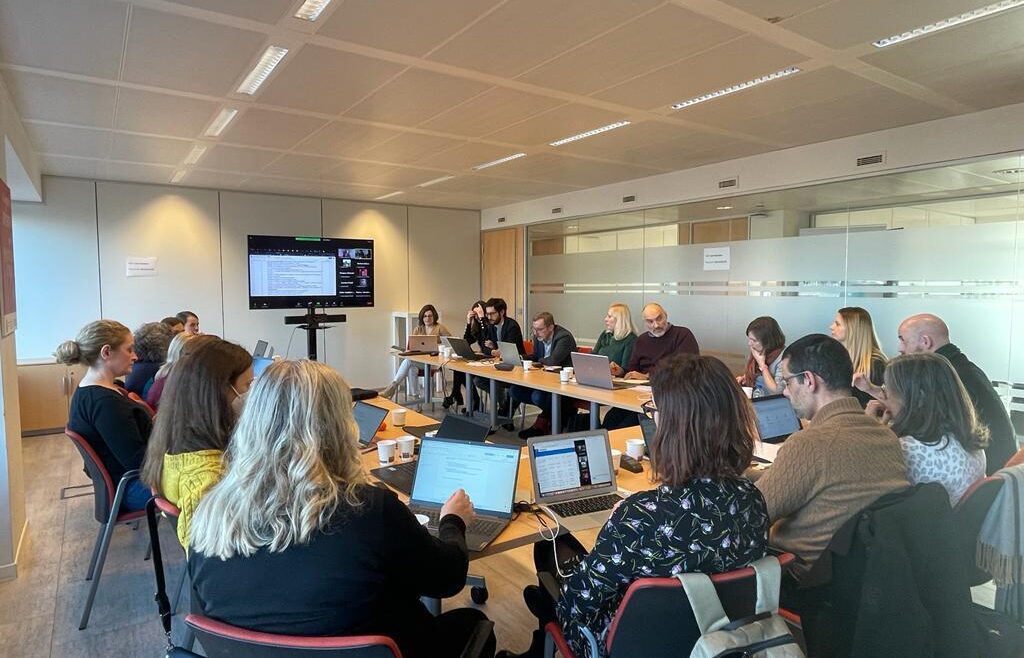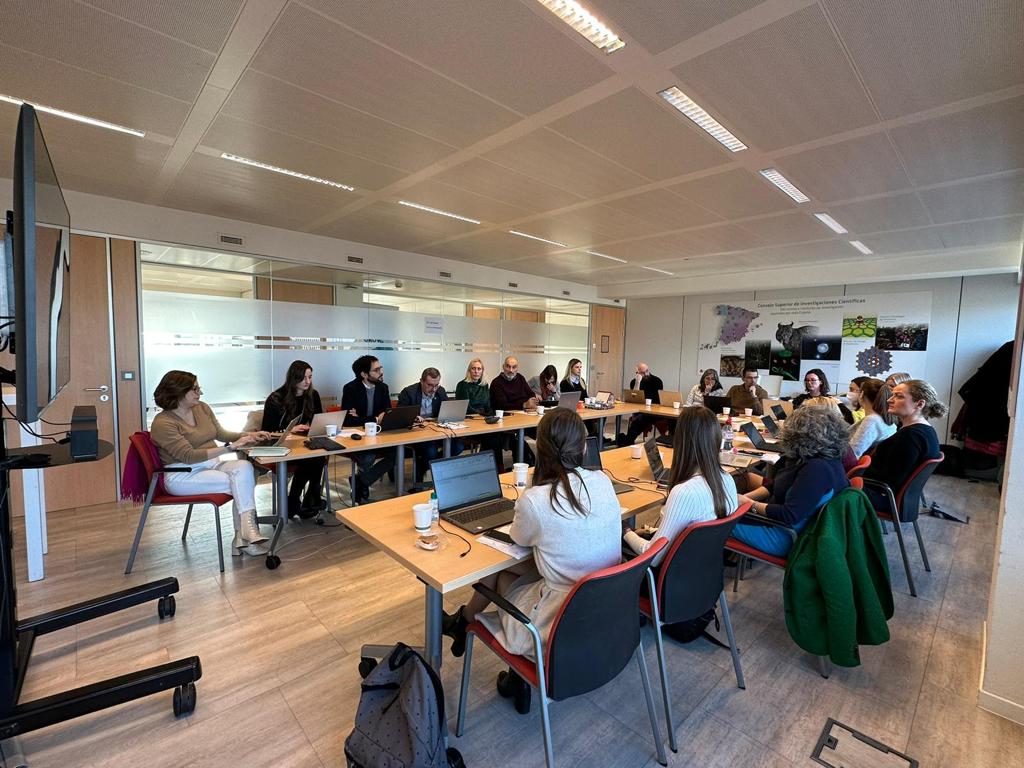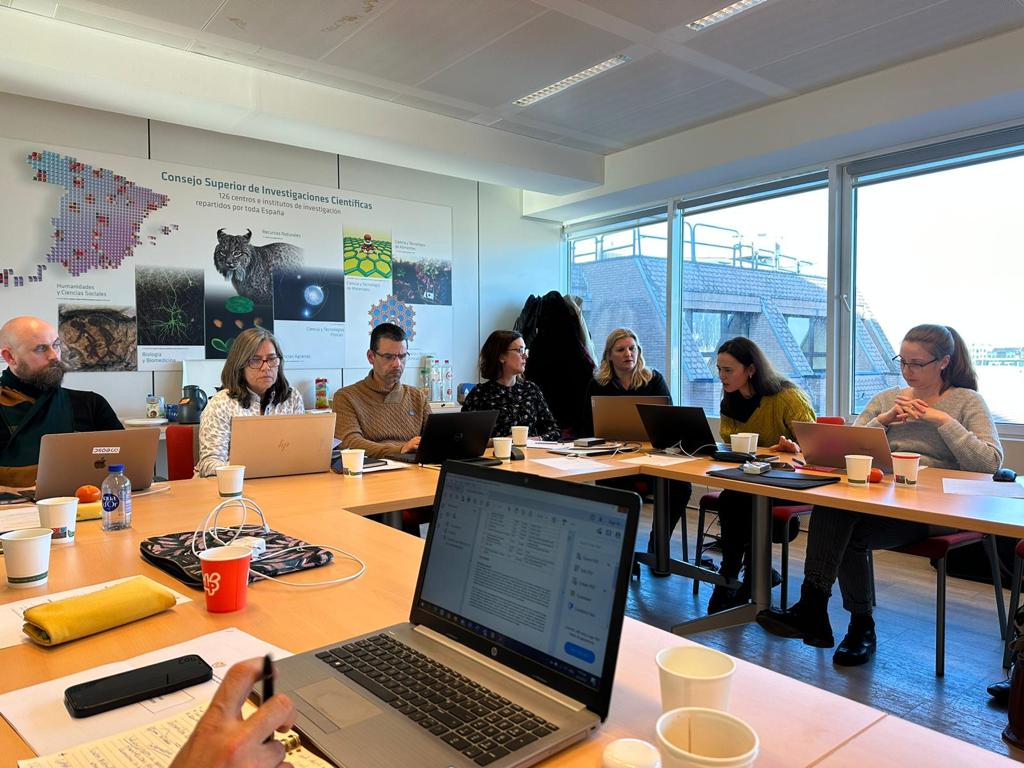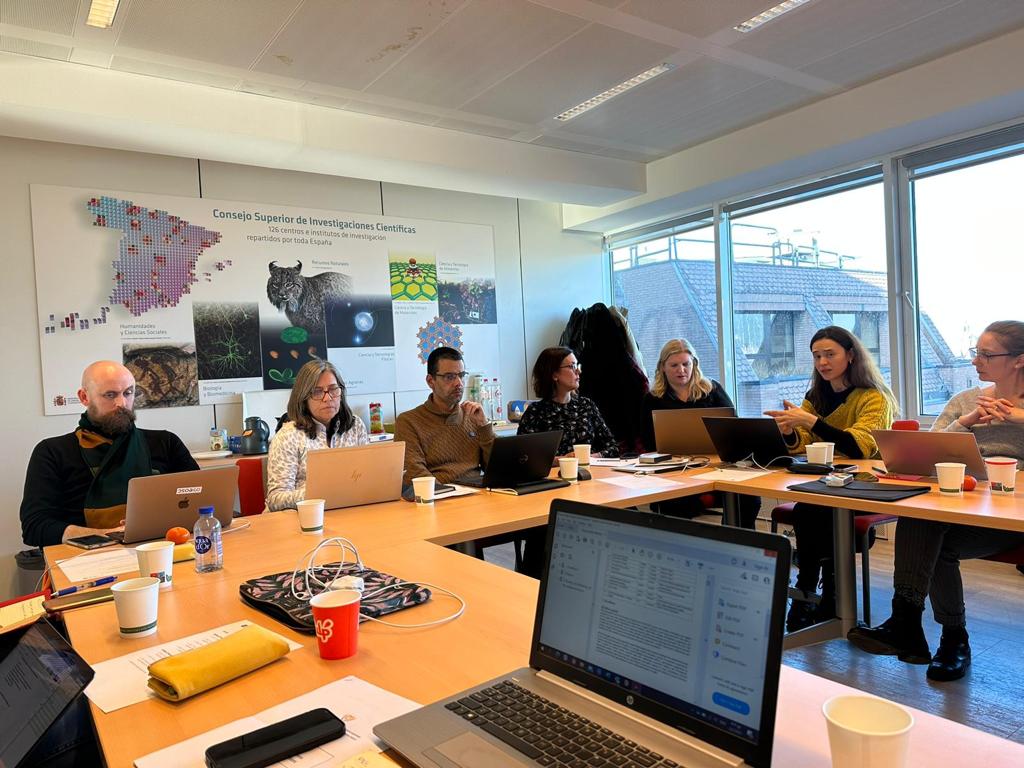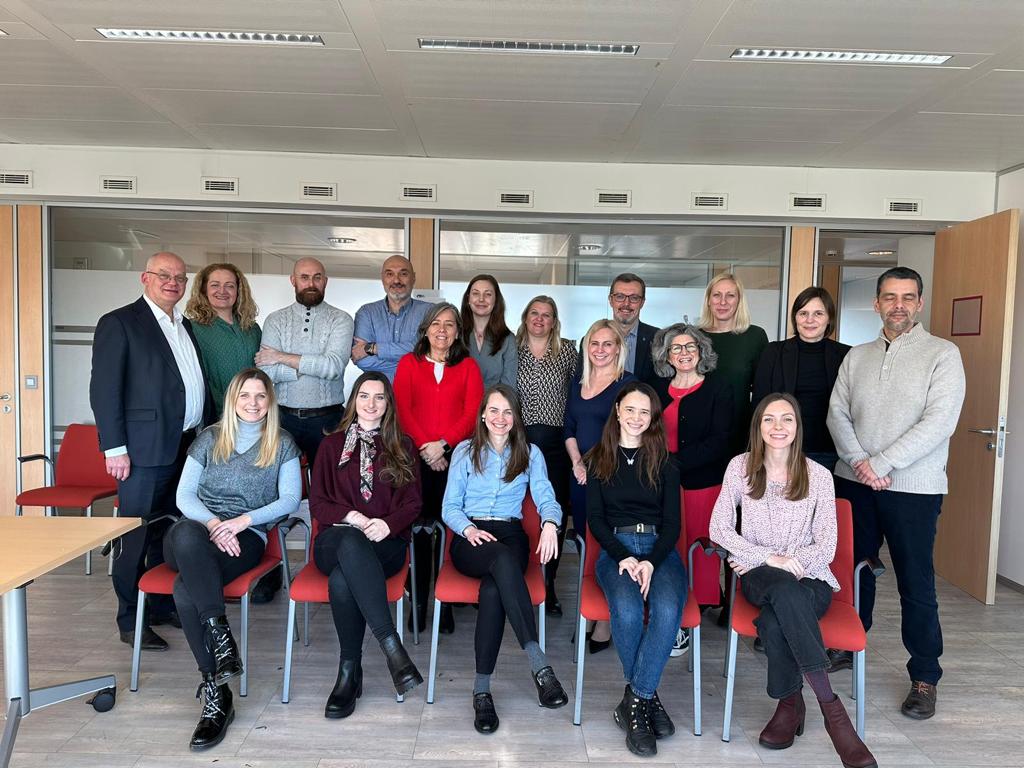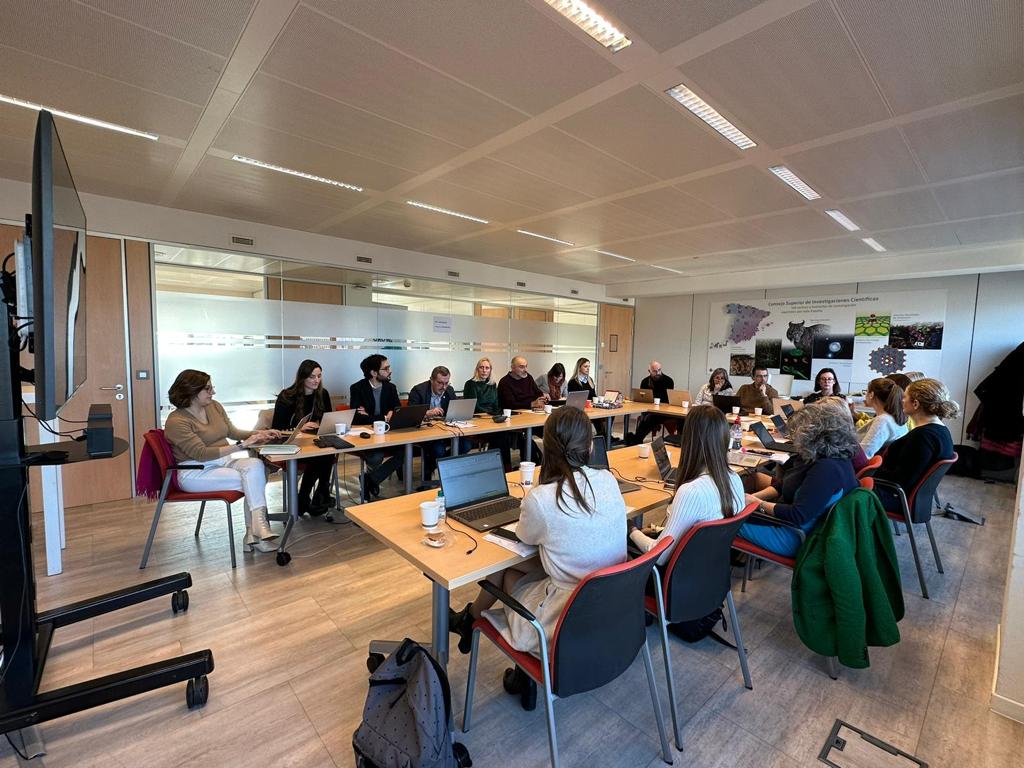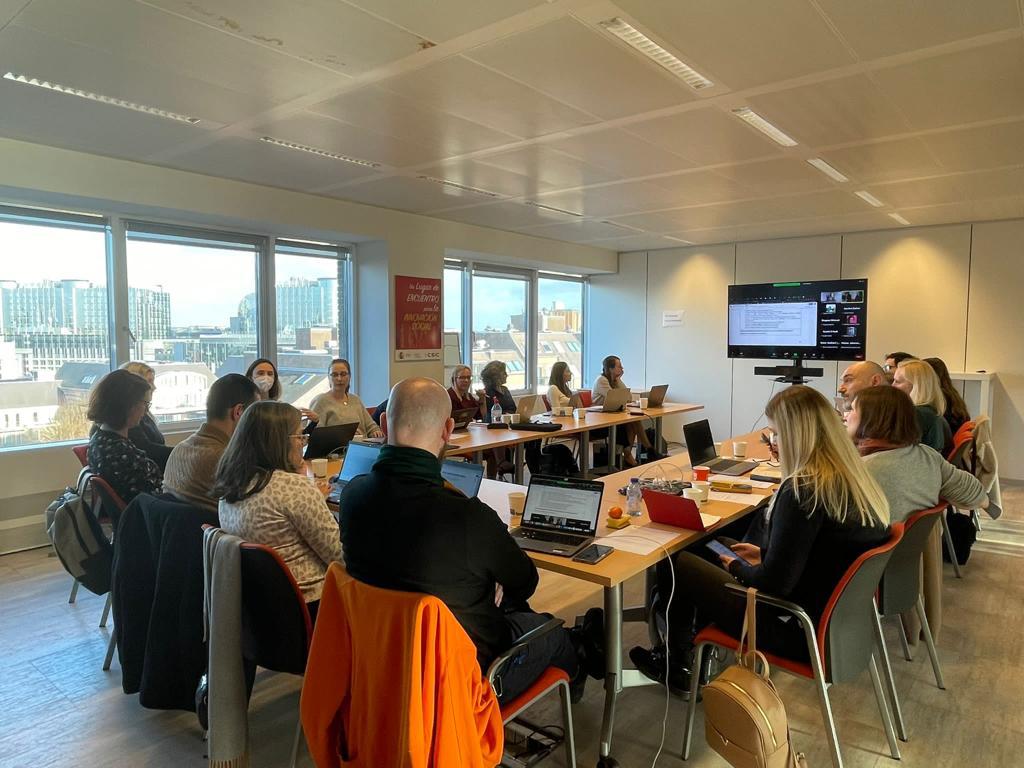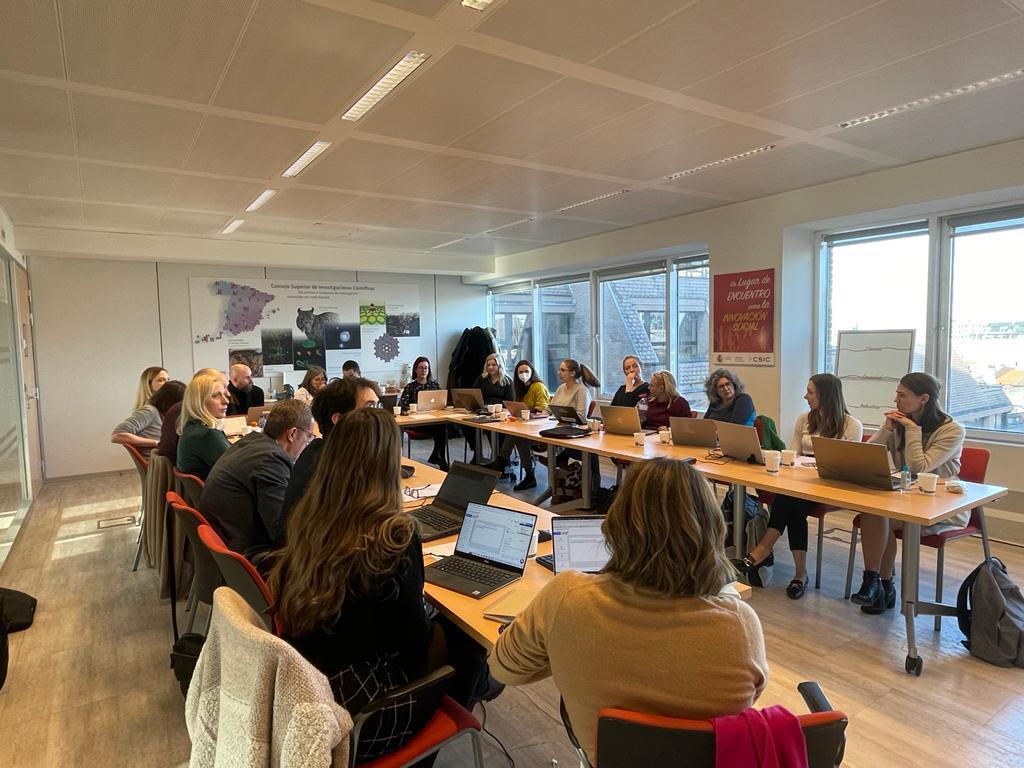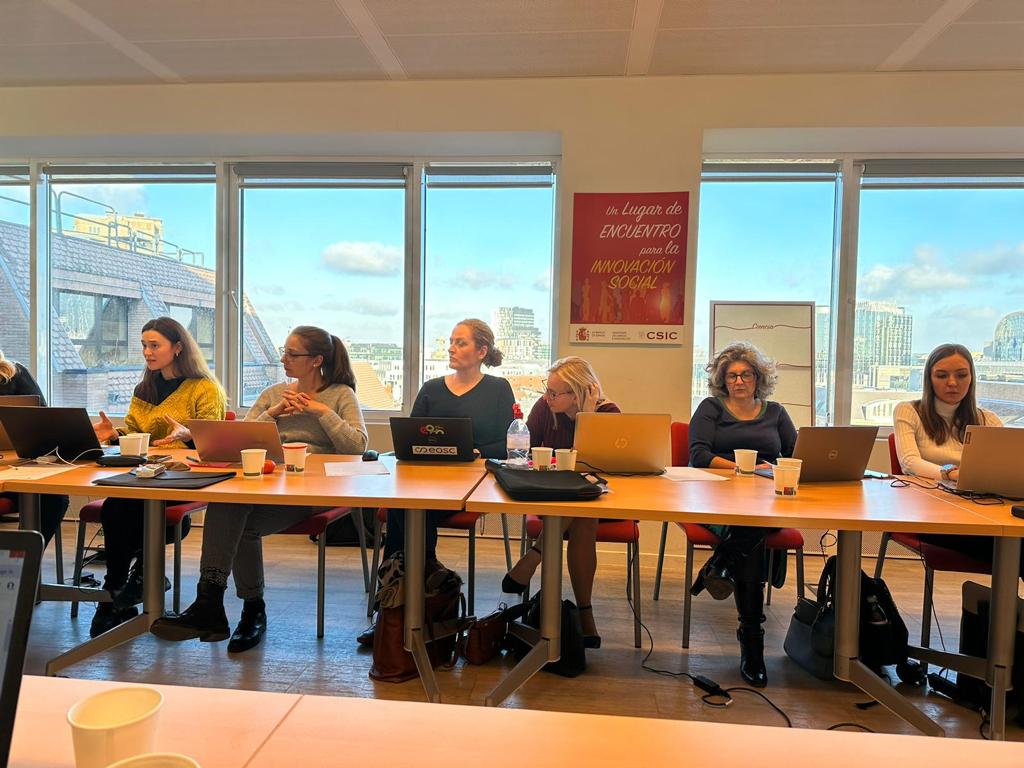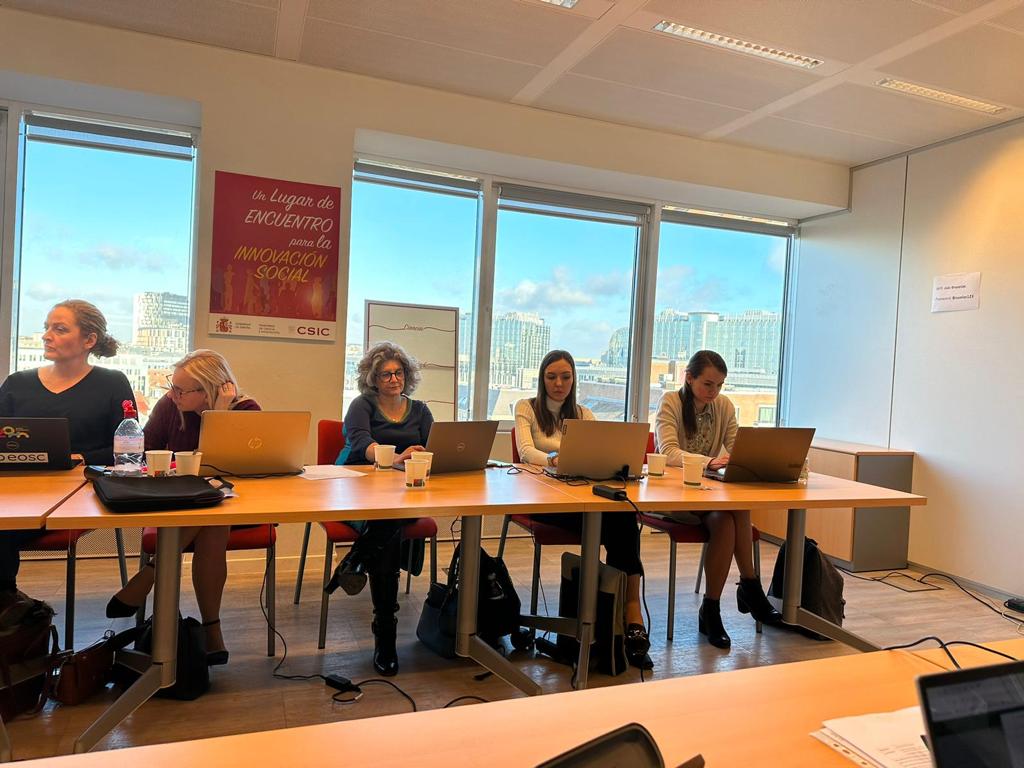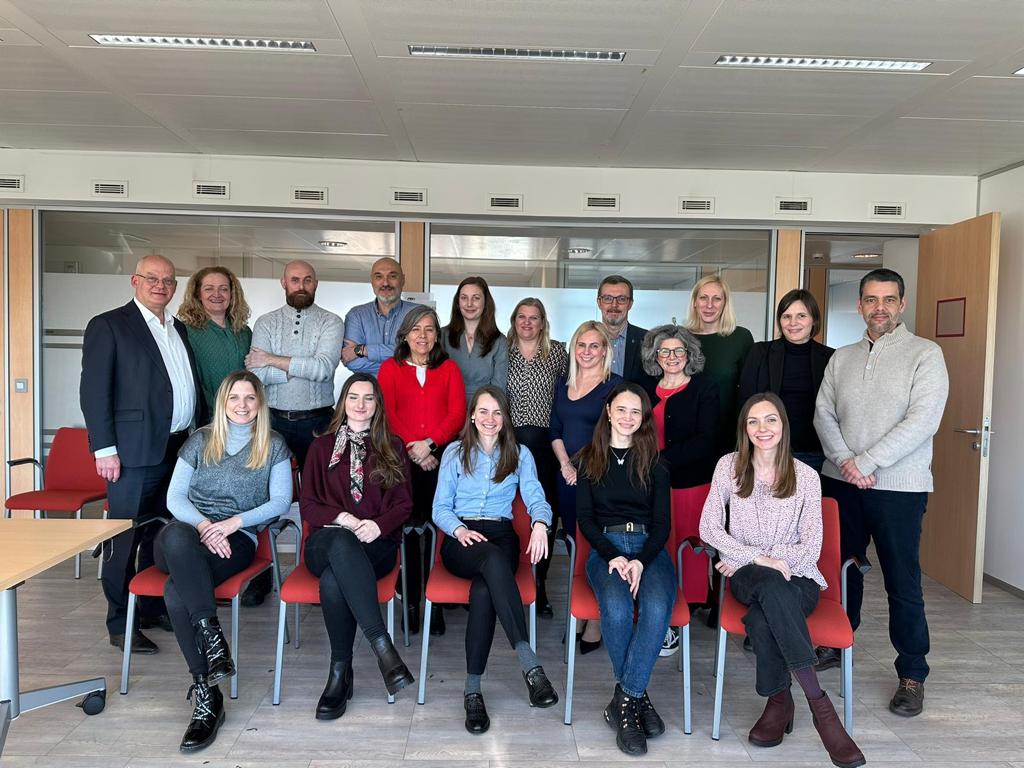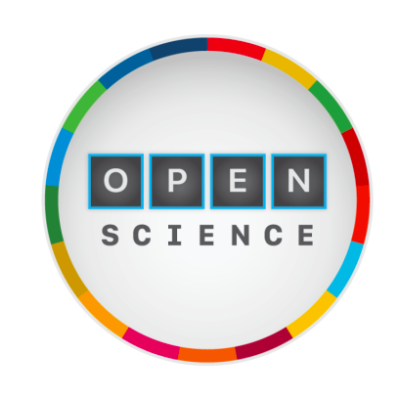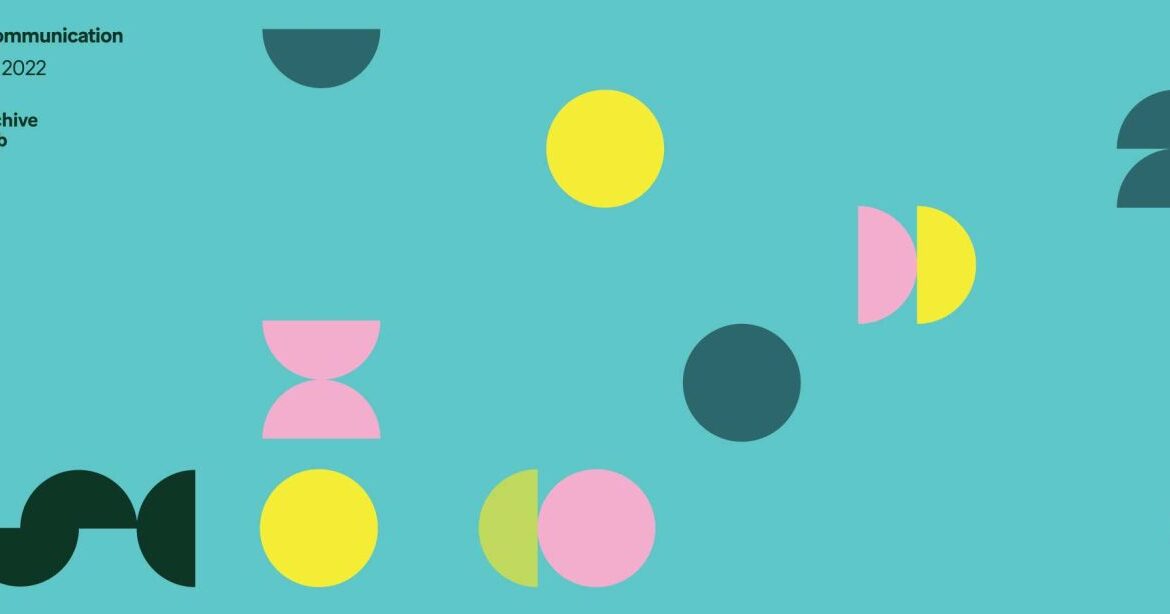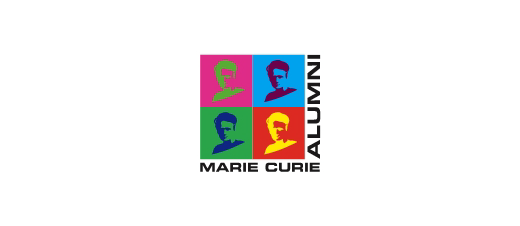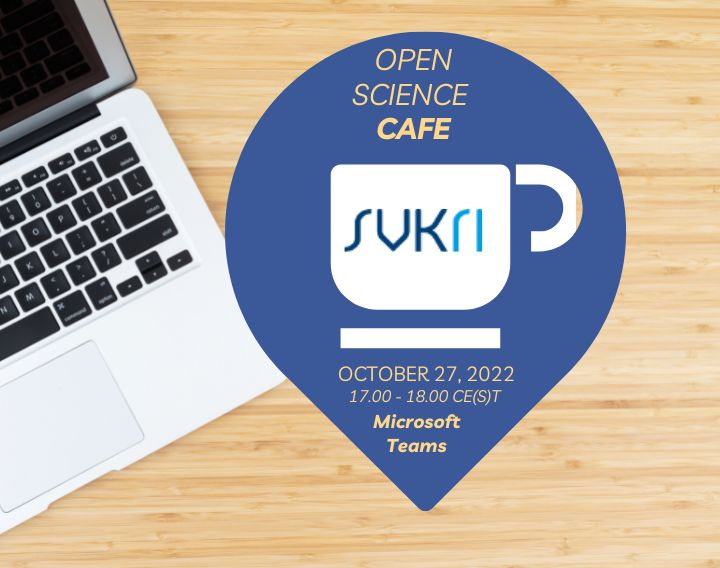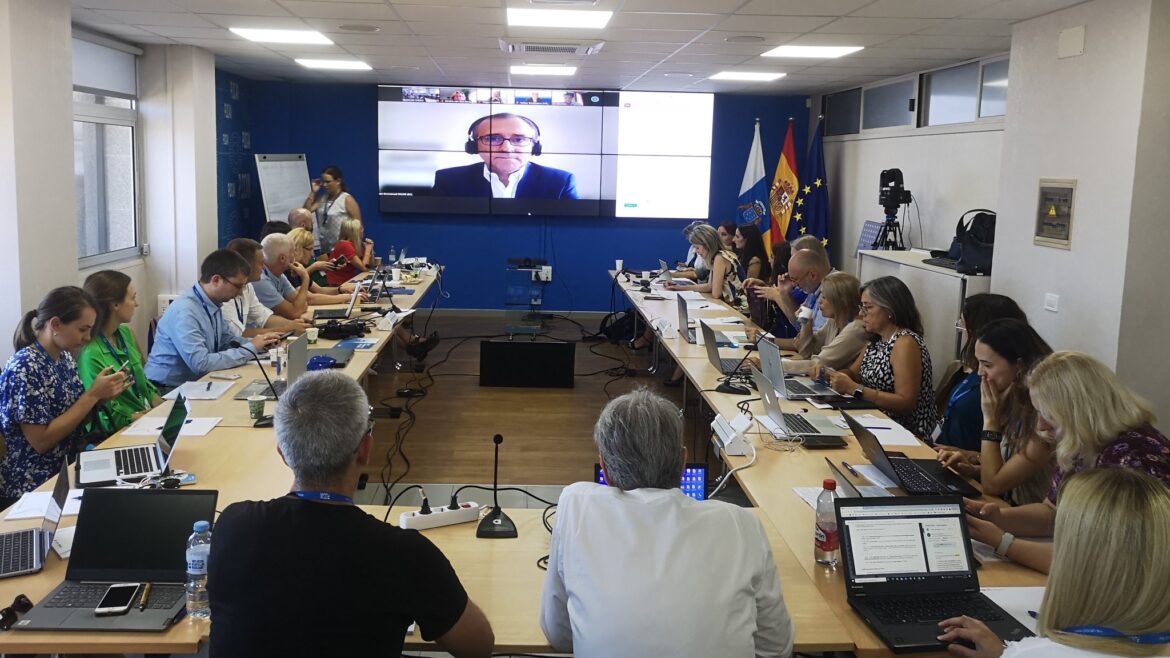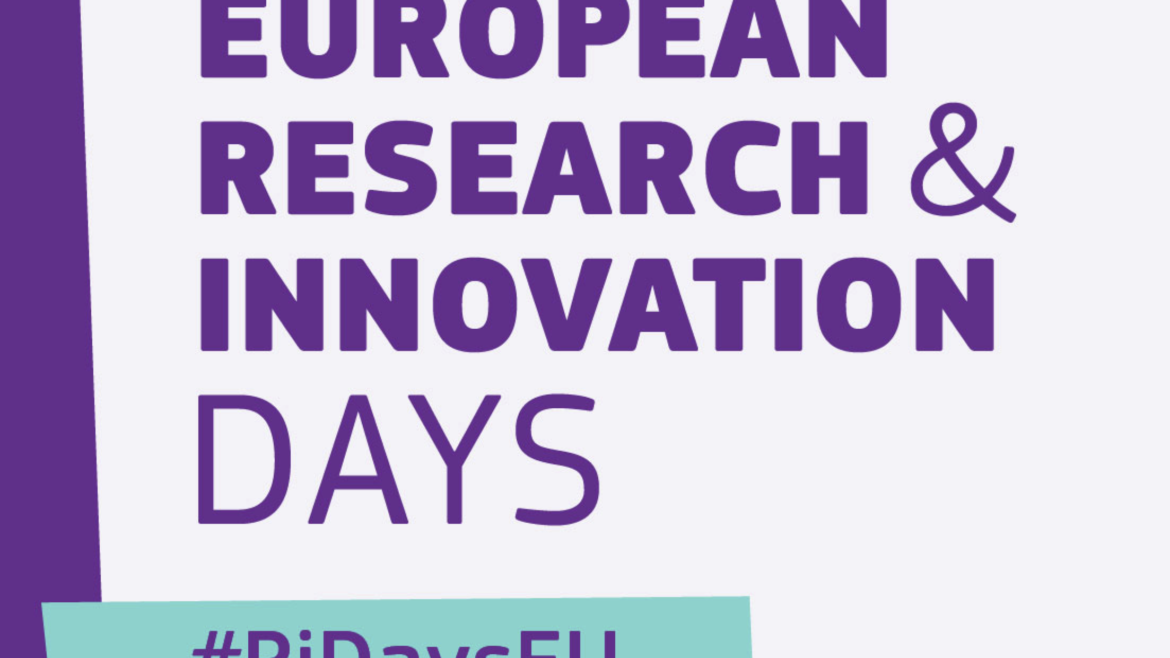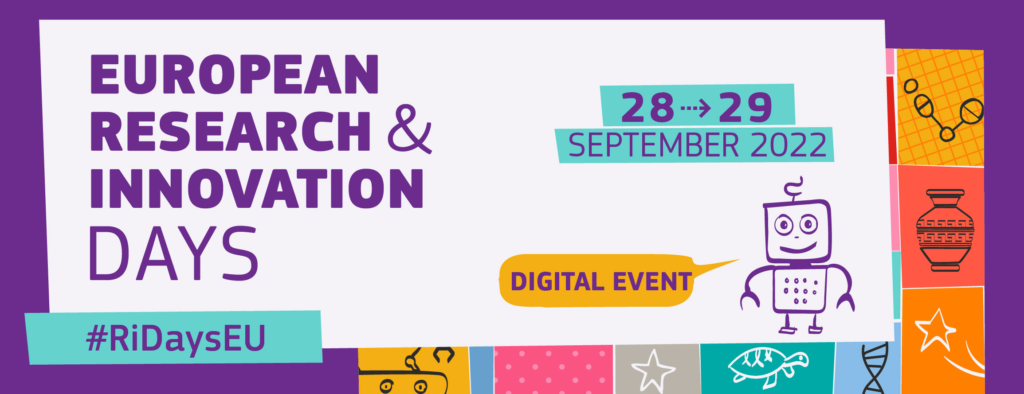Opportunities, Shortcomings and Challenges of Open Science in the EU
Opportunities, Shortcomings and Challenges of Open Science in the EU https://opusproject.eu/wp-content/uploads/2023/02/pexels-dusan-cvetanovic-12541596.jpg 1 1 Open and Universal Science (OPUS) Project https://opusproject.eu/wp-content/uploads/2023/02/pexels-dusan-cvetanovic-12541596.jpgOn February 8, the third and final day of the informal meeting of the Competitiveness Council (COMPET) in Stockholm, Minister for Education Mats Persson and his ministerial colleagues engaged in policy discussions on how to strengthen and develop the use of research data from research infrastructures to better address societal challenges and enhance competitiveness. They also discussed open access to scientific publications and the impact of digitalization on the scientific publication system.
Sweden, which currently holds the presidency of the Council of the European Union, made research infrastructures and open science the focus of the meeting attended by ministers for research. The meeting followed up on the joint priorities of the France, Czech Republic, and Sweden trio. The Swedish presidency proposed that ministers prioritize data-driven research infrastructures to facilitate the research process and transfer of knowledge into practice. This requires investment in data capacity and creating a system that follows the Findable, Accessible, Interoperable, and Reusable (FAIR) principle, allowing research data to be easily found, accessed, reused, and made interoperable between different systems. Coordination between EU Member States, the European Commission, and stakeholders in this area is primarily through the European Strategy Forum on Research Infrastructures (ESFRI) and the European Open Science Cloud (EOSC).
To realize open science, EU Member States mentioned various framework conditions that need to be established, including reforming the system of research assessment to encourage a research culture of open science, creating incentives for data sharing, integrating research infrastructures (including data infrastructures) into the EOSC and coordinating EU Member States through the Cloud, training researchers to implement the FAIR principle, and developing appropriate data management plans and a framework for monitoring success in achieving these objectives.
The Minister of Higher Education of Slovenia reported on the successful planning of research infrastructures using the VEGA supercomputer as an example, which involved all relevant stakeholders and enabled almost 100% of its use to be exploited, even by businesses. The Minister also outlined Slovenia’s plan to set up two big data centers using national funds and Recovery and Resilience Plan funds, emphasizing the need for a pan-European approach through the EOSC for connected and compatible data infrastructures.
Regarding open science, ministers responsible for research highlighted challenges such as the rising cost of open access, a scientific culture that values publishing in prestigious journals, the protection of intellectual property rights, and the reluctance of publishers to change their current business model. To transition to full open access, the majority of ministers proposed joint negotiations with major publishers, reforming the system for evaluating research and researchers, changing the regulatory framework to ensure that researchers’ copyrights are retained, limiting the costs charged by publishers for processing and publishing articles, and establishing alternative public repositories of scientific publications and data.
Following the debate, the Swedish presidency will prepare a proposal of conclusions on open science publishing to be presented to the Council of the European Union in the Working Party on Research.


